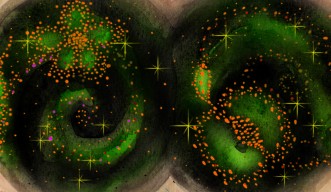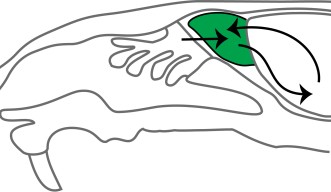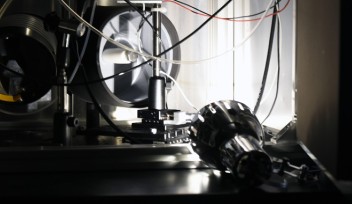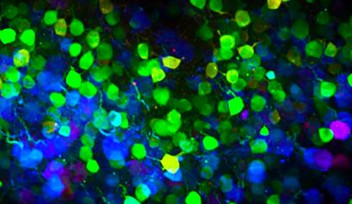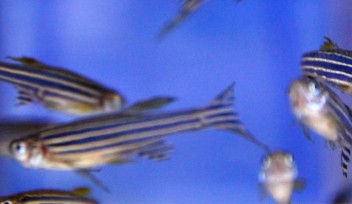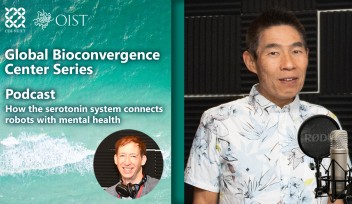Switching Scents Tunes Sense of Smell
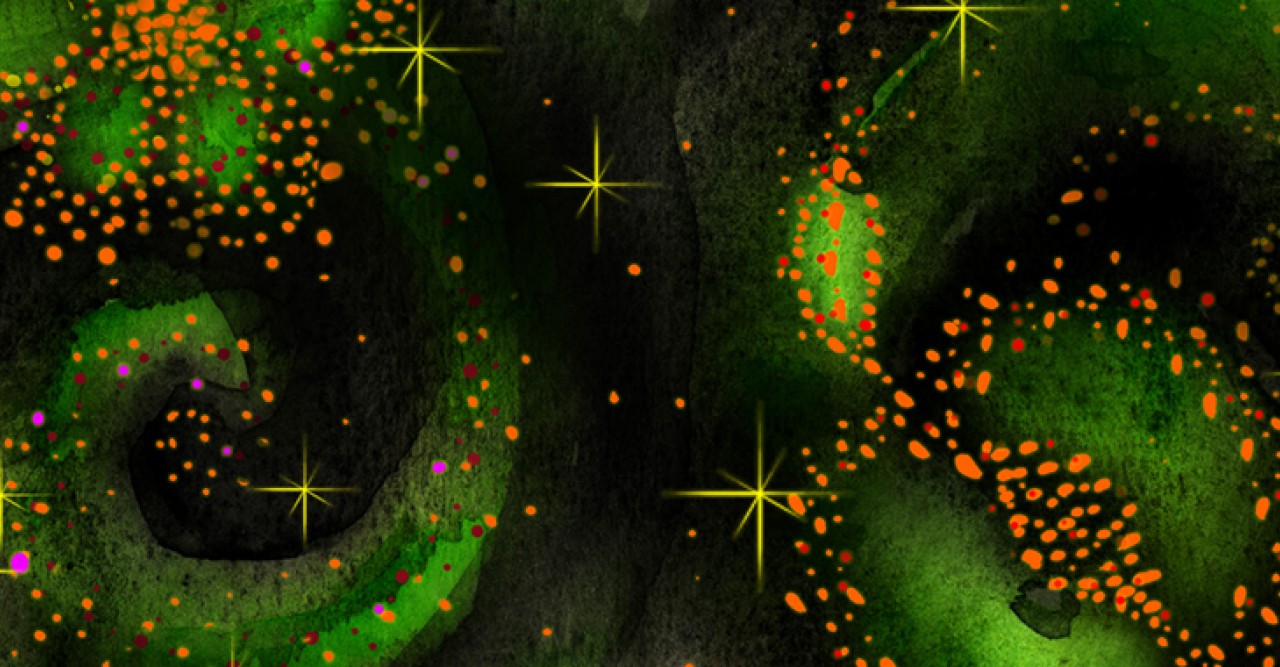
Your perception of smell, whether you realize it or not, is ever-changing as a result of the brain’s constant tuning efforts. From this moment to the next, your brain is analyzing scents differently.
Researchers are starting to understand the basics of how the mammal olfactory system perceives smells, but how do the smells you're experiencing in one moment influence your perception of them in subsequent moments? New work from Professor Izumi Fukunaga, head of the Sensory and Behavioural Neuroscience Unit at the Okinawa Institute of Science and Technology Graduate University (OIST), explores this question in the mouse olfactory bulb, the first smell center in the mammalian brain, located just above the nose.

“We wanted to find out how an animal’s thinking changes the way the sensory system works,” Fukunaga said. “We also wanted to know at what stage in the system the modifications arise.”
In the study, which was published in eLife, the scientists concocted three different odors. Two were only subtly different from each other, while the third was distinctly different. They trained mice to perform two tasks telling these odors apart. In an easy task, the mice had to discriminate between two very different odors, and in a harder task they had to parse two odors that were more similar.
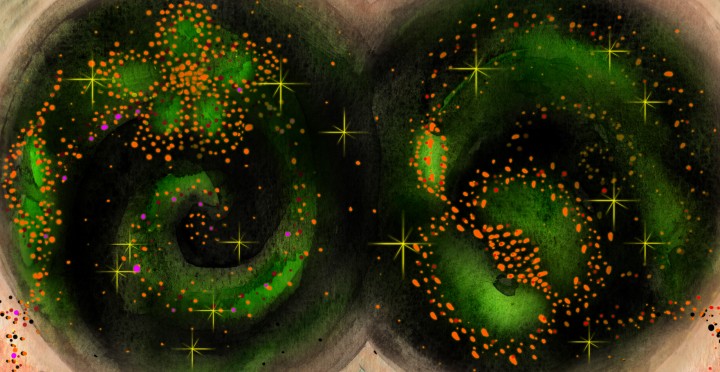
They also trained the mice to associate one flash of a light in the cage with the easy task, and two flashes with the difficult task. The single or double flash sets the mice up to expect the easy task or the hard one, allowing the researchers to investigate whether this expectation affects sensory processing.
The researchers switched back and forth between the discrimination tasks – from hard to easy and back to hard again – to challenge olfactory processing in the brain. They affixed a metal headpiece with a custom fitted microscope onto each mouse’s skull and used a technique called calcium imaging to record the animals’ brain activity during the tasks.
The recordings showed that brain activity in the olfactory bulb increased when they switched from the easy task to the hard one and dropped to a baseline when the animals switched from the hard task to the easy one.
The constant tuning of the brain allows it to respond appropriately to a given task. The mouse can use what it has previously learned - how to discriminate smells and perform better the next trial. What’s unique to the sense of smell is that the rapid modification happens in the very first stage of processing in the brain. In other senses, such as in vision, this is thought to occur at a later stage.
“The behavioral demands on us are different from moment to moment,” Fukunaga said. “Sensory signals are processed in different stages in the brain. What we show is that this can happen in the olfactory bulb, which is the very first olfactory center of the brain, and it helps animals make better decisions.”

Fukunaga began this project as a postdoc in Dr. Andreas Schaefer's lab at The Francis Crick Institute in the United Kingdom. It was already known that early-stage olfactory processing is tuned by change, but Fukunaga and Schaefer were interested in how rapid change would affect processing. When Fukunaga arrived at OIST in 2017 she continued exploring this question with her former intern, Anzhelika Koldaeva, who is now a PhD student at OIST.
The results help explain how the brain pieces together bits of information over time -- not just smells, but any external input, Fukunaga says.
Specialties
Research Unit
For press enquiries:
Press Inquiry Form










